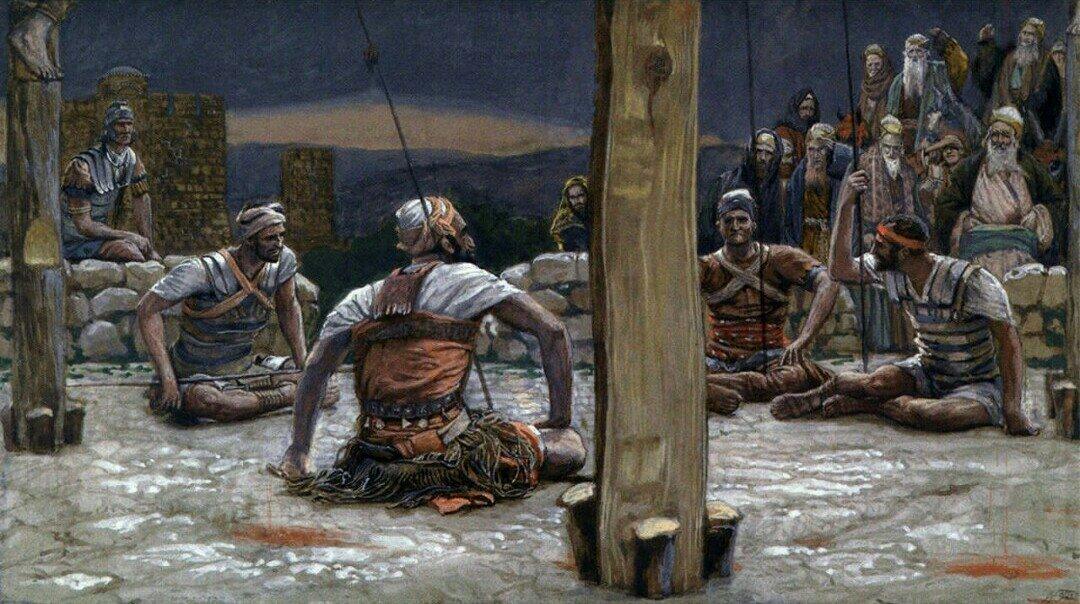Description
The painting "The Four Guards Sat and Watched" by James Tissot is a masterpiece of 19th century art. This work is one of the most outstanding of the French artist, who stood out for his ability to capture the daily life of the high society of the time.
The composition of the painting is impressive, with the four guards sitting in a row, facing the viewer. The perspective is perfect, allowing the viewer to feel like they are in the same room as the characters. The use of light and shadow is exceptional, giving a sense of depth and realism to the work.
Tissot's artistic style is unique in that it combines elements of realism and impressionism. The attention to detail is impressive, and each character is rendered with incredible precision. The use of color is also notable, with rich, warm tones creating a cozy and luxurious atmosphere.
The story behind the painting is fascinating. Tissot is believed to have been inspired by a scene he witnessed in a London gambling house. The four guards represent the security and protection needed in a place where a lot of money is handled. The painting is a subtle criticism of the frivolity and superficiality of the high society of the time.
There are little-known aspects of the painting that make it even more interesting. For example, Tissot is said to have used his friends as models for the characters in the play. Additionally, the painting was acquired by famed art collector John D. Rockefeller, who donated it to the Cleveland Museum of Art in 1922.
In short, "The Four Guards Sat and Watched" is an exceptional work of art that combines technical skill, a unique artistic style, and a fascinating story. This painting is a jewel of 19th century art and a demonstration of James Tissot's talent as an artist.

